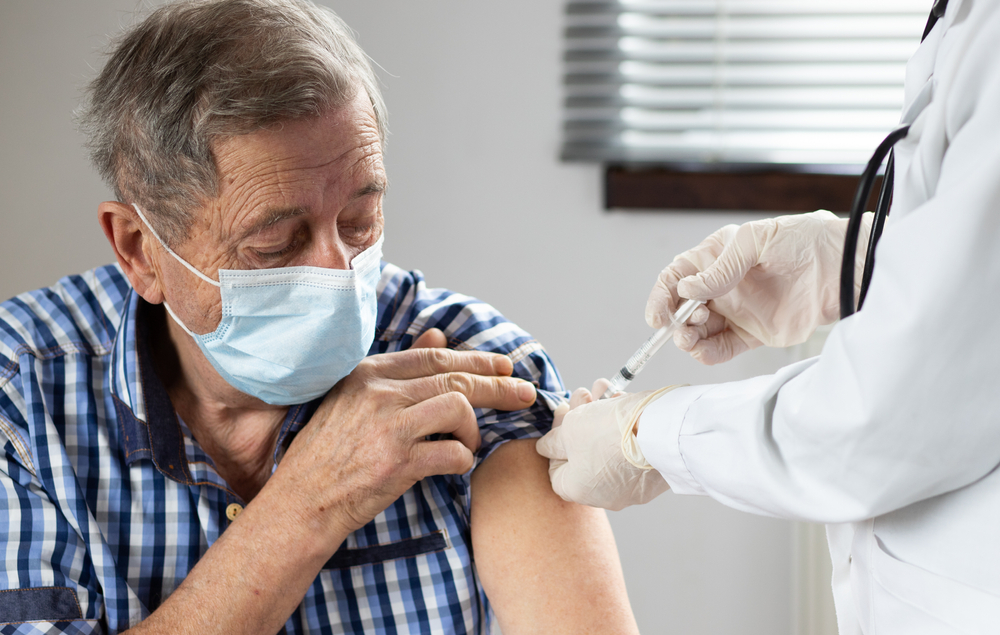In the later stages of life, embracing a proactive approach to health is essential, and this prominently includes a focus on vaccinations and preventive care. As we age, our bodies and immune systems undergo changes, making us more vulnerable to certain illnesses. The right preventive measures, including timely vaccinations, play a critical role in safeguarding health during these years.
Immunizations are particularly crucial for seniors. They offer a shield against illnesses that pose a higher risk or can be more severe in older adults. Key vaccines such as those for flu, pneumonia, shingles, and tetanus are tailored to address the specific health challenges faced in older age. An annual flu shot, for instance, is vital as flu can be particularly dangerous for seniors. Similarly, other vaccines work to prevent common yet serious health issues that tend to affect the elderly more frequently.
Alongside immunizations, regular health screenings gain increased importance. These screenings encompass a range of checks, from monitoring blood pressure and cholesterol to screening for diabetes and various cancers. Early detection of potential health issues is a pivotal aspect of preventive care, often leading to more effective treatments and better health outcomes.

Lifestyle choices also significantly impact preventive health care. Maintaining a nutritious diet, staying physically active, getting adequate rest, and managing stress effectively are foundational elements in keeping the body strong and resilient against illnesses. For seniors juggling multiple medications, regular consultations with healthcare providers ensure that their medication regimen remains effective and free from adverse interactions.
Mental health, an integral part of overall well-being, requires attention and care. Regular mental wellness checks, staying mentally engaged, and nurturing social connections are key to preserving mental health. Oral health, often overlooked, is equally important; regular dental care prevents complications that can impact general health.
Minimizing the risk of falls is another crucial aspect of senior health care. Simple modifications to make living spaces safer and engaging in activities that enhance balance and strength can prevent falls, a common cause of injury among the elderly.

In essence, a comprehensive approach to health care in the golden years, characterized by regular vaccinations, health screenings, balanced lifestyle choices, medication management, and attention to mental and oral health, forms the backbone of preventive care. By adhering to these practices, seniors can fortify their health, ensuring they continue to thrive and enjoy a fulfilling life in their later years.

